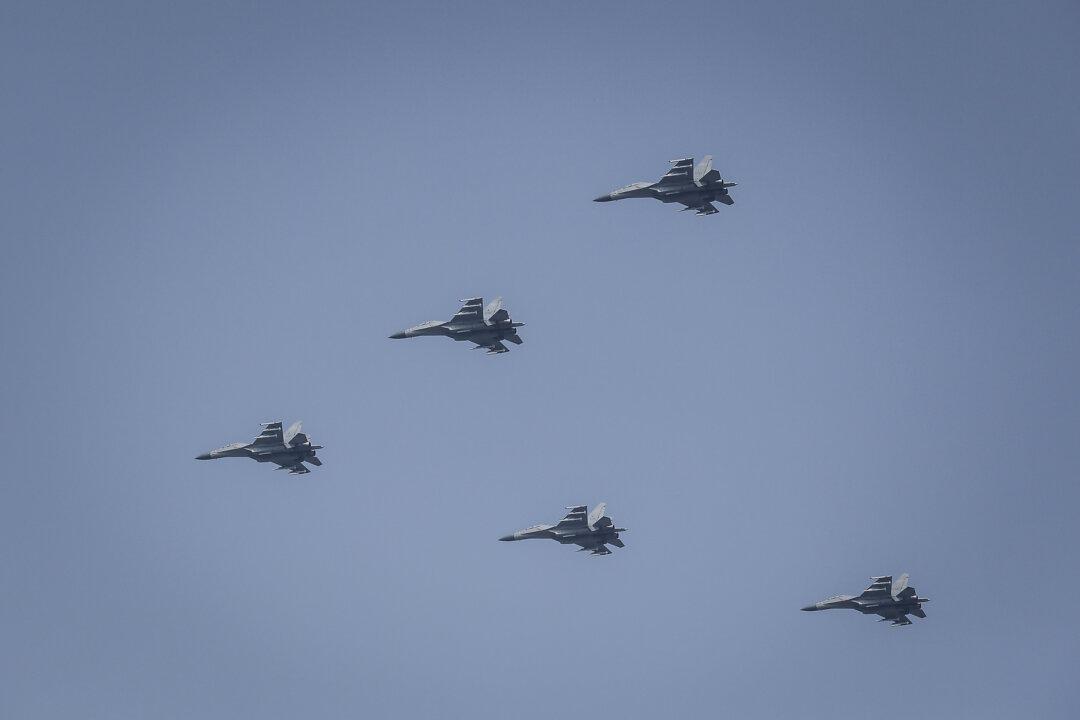As a U.S. senator lead a delegation to visit Taiwan on May 30 to June 1, dozens of warplanes of the Chinese communist regime entered Taiwan’s air defense zone and were scrambled by Taiwan’s military jets.
Taiwan’s Ministry of Defense announced on May 30 that 30 PLA warplanes of the Chinese regime breached Taiwan’s Air Defense Identification Zone (ADIZ) from the southwest. It was the second largest incursion by the Chinese Communist Party (CCP) this year, following 39 PLA jets entering Taiwan’s ADIZ on Jan. 23 this year.




